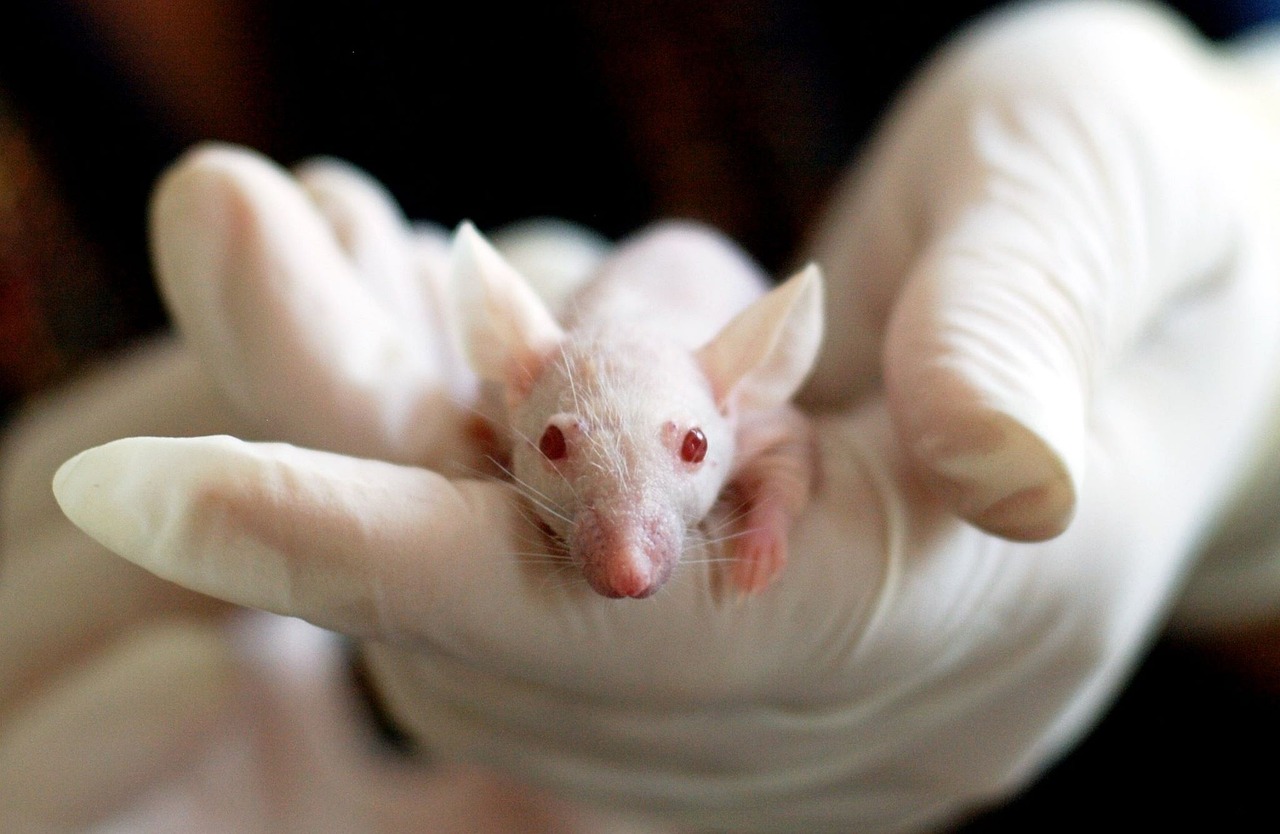【Philosophy】African philosophy cannot be a thing
This essay unpacks several arguments about the metaphilosophic nature of African philosophy and charts a way through the problems these arguments enco... [more]
This essay unpacks several arguments about the metaphilosophic nature of African philosophy and charts a way through the problems these arguments enco... [more]
I use the concept of epistemic injustice to think through the practice and methodology of comparative, or fusion, philosophy. I make two related claim... [more]
How does one talk about moral thought and moral action as a religious naturalist? We explore this question by considering two human capacities: the capacity for mindfulness, and the capacity for virtue. We suggest that mindfulness is deeply enhanced by an

In this paper I deal with ethical implications arising from animal biotechnology. I analyse some general questions surrounding the production of transgenic animals through a specific case study: the oncomouse. In particular, I explore ethical factors invo
The difficulties with formalizing the intensional notions necessity, knowability and omniscience, and rational belief are well-known. If these notions are formalized as predicates applying to (codes of) sentences, then from apparently weak and uncontrover
This paper uses the distribution and interpretation of antonymous adjectives in comparative constructions as an empirical basis to argue that abstract representations of measurement, or 'degrees,' must be modelled as intervals on a scale, rather than as
Thomas Huxley is often identified as the originator of the doctrine known as epiphenomenalism,'' but there appears to be little appreciation for the details of Huxley's theory. In particular, conflicting interpretations show that there is uncertainty a
The terms dominating and recessive, used by Mendel to describe the prevalent similarity in appearance of the traits of hybrids to those of one of the parental strains and the disappearance of those of the other parental strain, was interpreted by De Vries
Within the last 20 years, the US has mounted a massive campaign against invasions by non-indigenous species (NIS) such as zebra mussels, kudzu, water hyacinths, and brown tree snakes. NIS have disrupted native ecosystems and caused hundreds of billions of
Over the past 30 years, euthanasia has been under continuous debate in the Netherlands, This contribution aims to provide a moral assessment of this debate. It is argued that euthanasia should be understood within a historical context, as a protest agains

This paper aims at contributing to a research agenda in engineering ethics by exploring the ethical aspects of engineering design processes. A number of ethically relevant topics with respect to design processes are identified. These topics could be a sub
This article reports on the development and teaching of compulsory courses on ethics and engineering at Delft University of Technology (DUT). Attention is paid to the teaching goals, the educational setup and methods, the contents of the courses, involvem
This paper challenges arguments that systematic patterns of intelligent behavior license the claim that representations must play a role in the cognitive system analogous to that played by syntactical structures in a computer program. In place of traditio
It is suggested that the Harm Principle can be viewed as the moral basis on which genetically modified (GM) food is currently regulated. It is then argued (a) that the concept of harm cannot be specified in such a manner as to render the Harm Principle a
This paper argues for a pseudo-cleft analysis of so-called clefts in Malagasy. Evidence is presented that the clefted element is in fact the matrix (copular) predicate and that the pre-suppositional clause is a headless relative in subject position. The p

In recent years, there has been a great deal of philosophical discussion about the alleged moral right to die. If there is such a moral right, then it would seem to imply a moral duty on others to not interfere with the exercise of the right. And this mig
Persons are thought to have a special kind of value, often called dignity, which, according to Kant, makes them both infinitely valuable and irreplaceably valuable. The author aims to identify what makes a person a person in a way that can explain both as